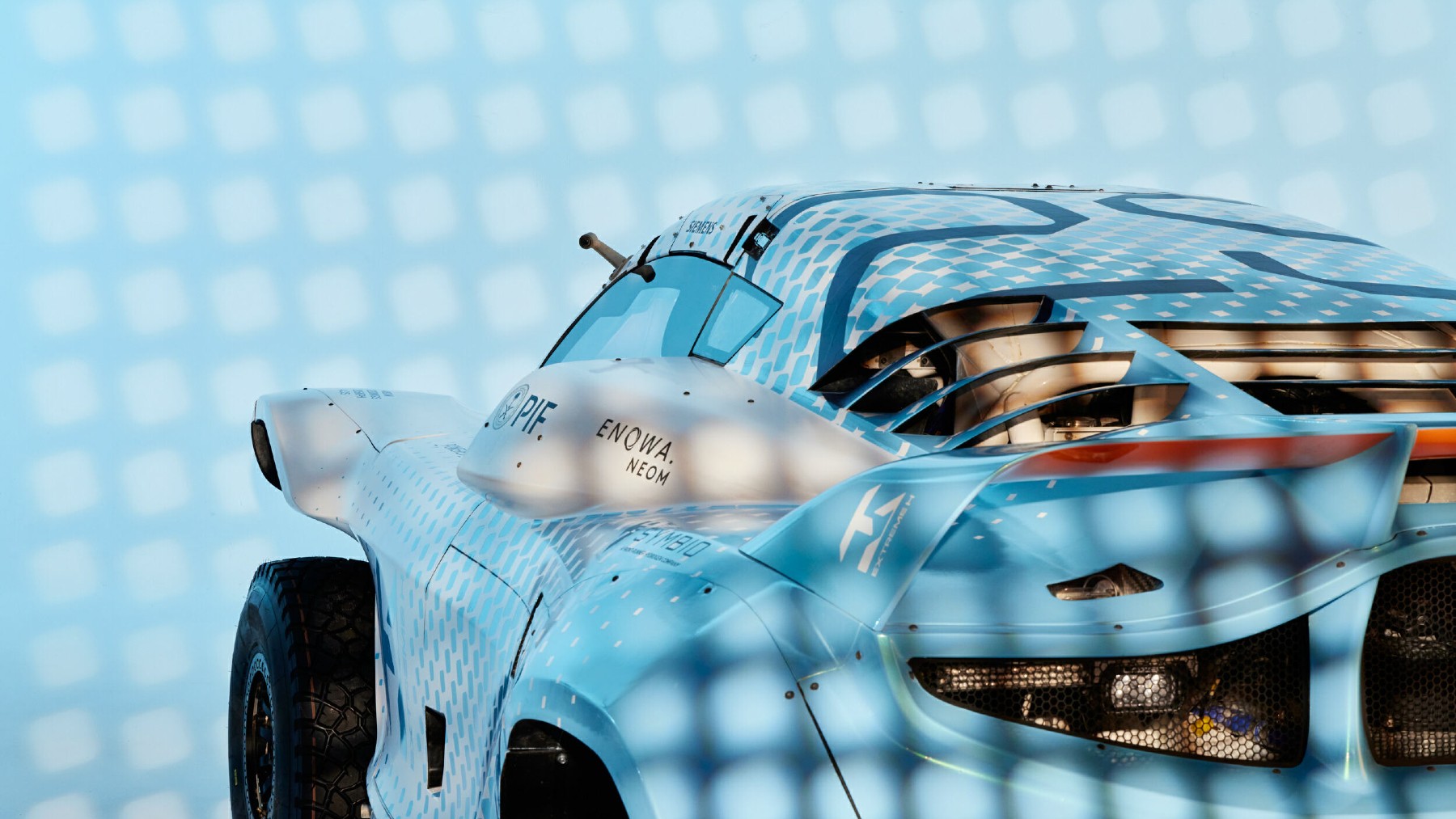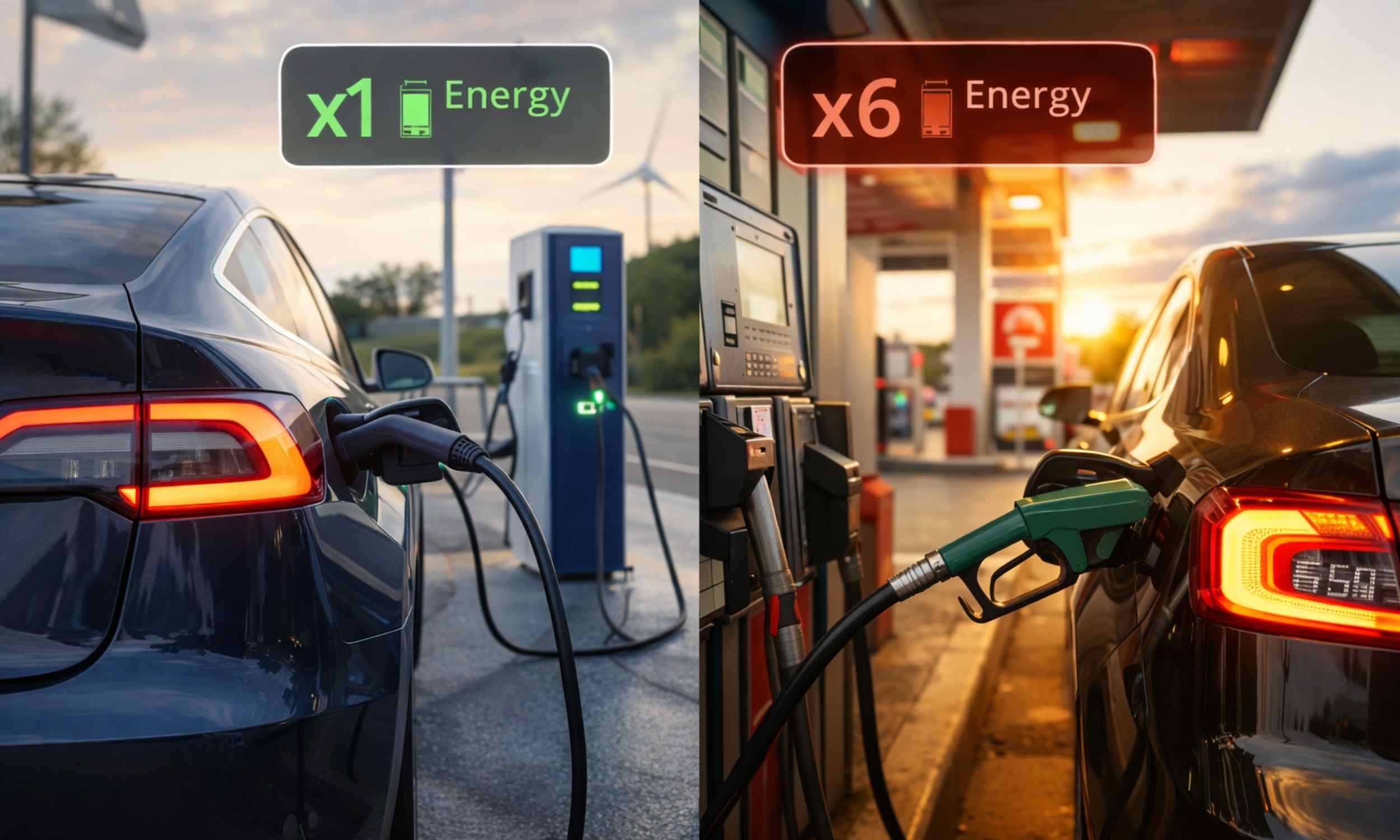The Formula 1 circuit has always been considered a benchmark for testing the most powerful engines on the planet. It is enough to take a look at the main teams to see the degree of innovation they have achieved. However, the latest news we have received could completely transform the mythical races, now that they are planning to switch to zero emissions. The best part of it all? They’re not going to do it with electric racing cars, but with a better fuel that Japan is working hard to develop.
Formula 1 is abandoning conventional fuels: Now, they will switch to zero emissions
Formula 1, rapidly widely considered to be motor racing’s supreme category, is venturing into a radical change to make the sport more environmentally friendly through a joint project by using hydrogen technology through a cooperation between Extreme H and the FIA that will be, at least, historical.
It has the potential to drastically change the specifications of the sport and could be a stepping stone to possibly hydrogen-powered Formula 1 cars that could be in the near future. The Fédération Internationale de l’Automobile (FIA), Formula 1, and Extreme H have been preparing for the formulation of a joint Hydrogen Working Group.
This partnership entails cross-specialization from all the three firms in assessing the current advances and possible integration of hydrogen in motorsport and evolving mobility. The working group will include Mark Grain of Extreme E, Pat Symonds of F1 Chief Technical Officer, and Nikolas Tombazis of the FIA Single Seater Director.
It’s not only an experimental project, but a serious competition with Japanese industry
Although the Formula 1 cars are not going to start running on hydrogen power today, the sport is doing massive research on this type of power. The working group is primarily concerned with the advancement of the hydrogen technology and the application of the same in fuel cells and battery systems.
Extreme H, the world’s future first off-road hydrogen motor racing competition, plays a significant role in this effort. The series is in the process of constructing its initial raced chassis of the first generation, with the production of a prototype hydrogen powered raced chassis in collaboration with Spark set to commence soon.
Thus, even though F1 is not planning to go hydrogen cars at a next year’s race soon, it is clearly looking at the possibility seriously as the next stage of evolution. During the interview, F1’s Chief Technical Officer, Dr. Pat Symonds underscored the possibility of utilizing Sustainable liquid hydrocarbon fuels, electrification, and hydrogen technologies in the general decarbonization of the mobility sector.
When will we see hydrogen Formula 1? The Extreme H collaboration is still in process
The timeline for possible hydrogen applications in Formula 1 is still undefined. But aligning the sport with Extreme H, which aims to begin the hydrogen-powered series in 2025, can be considered as a great opportunity as the company can test the technology with the help of the sport.
Extreme H’s goal is to become the FIA Championship in its first year of competition in 2025 and the FIA World Championship in its second year in 2026. This progression shows the progression of this series and proves that hydrogen technology in motorsport is more crucial than ever, of course.
Can you imagine finally seeing a hydrogen Formula 1? Maybe teams like Aston Martin, Mercedes or Williams have it a bit more difficult, but let’s not forget that there are teams whose brands already have a hydrogen engine. Among them are Alpine or, of course, Ferrari, which shocked the world by presenting a prototype that is mounted upside down and that even moves away from its own 12Cilindri concept. Undoubtedly, in the coming years, we will see how the collaboration with Extreme H becomes a success.














